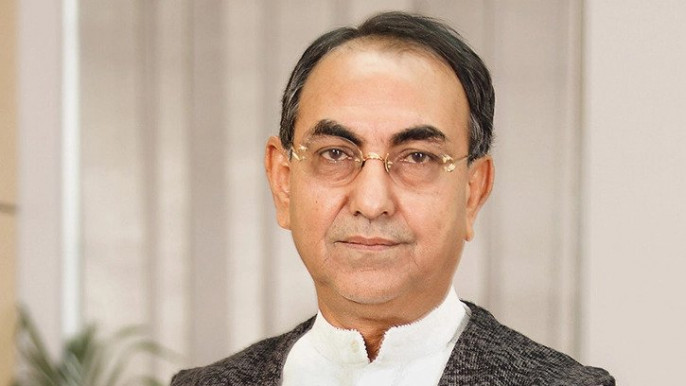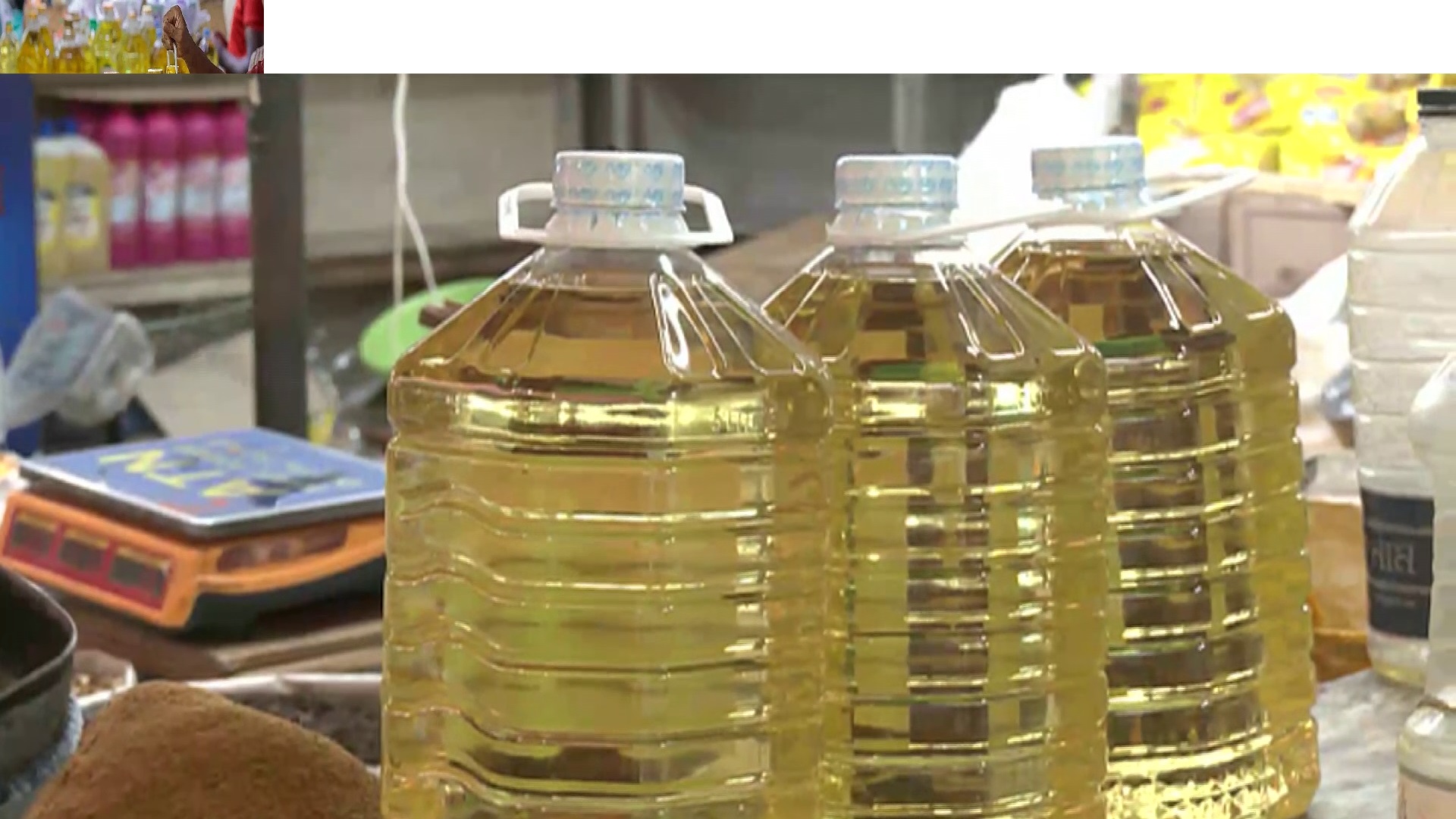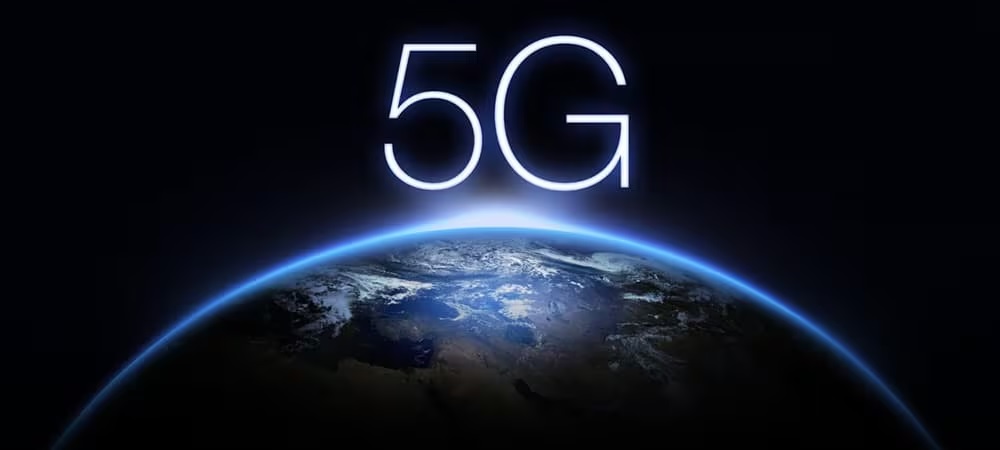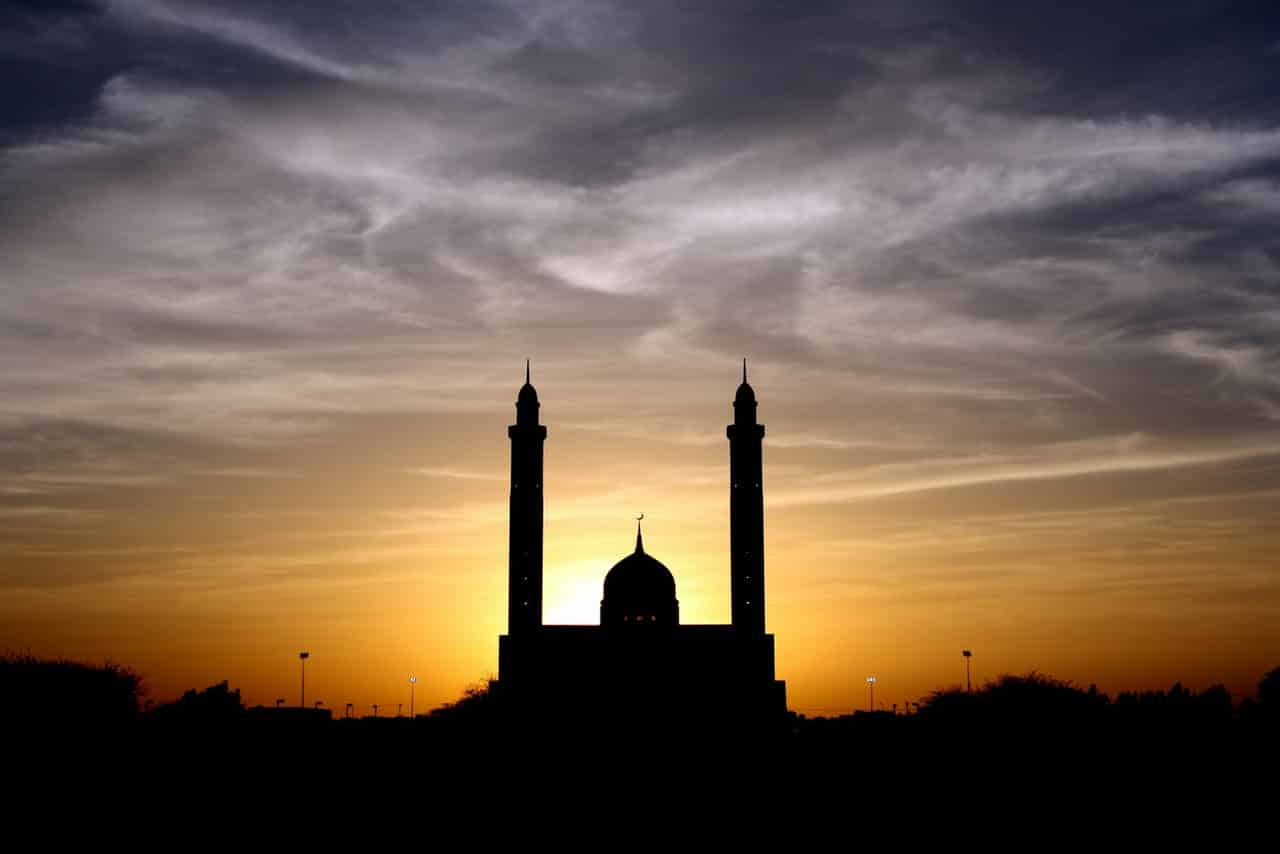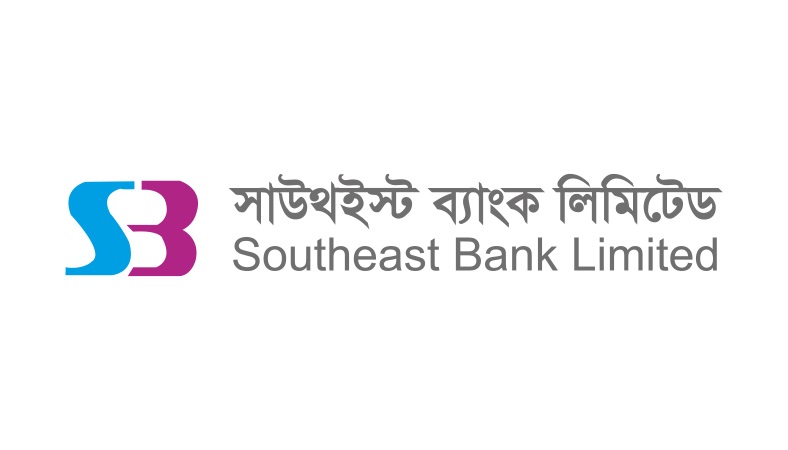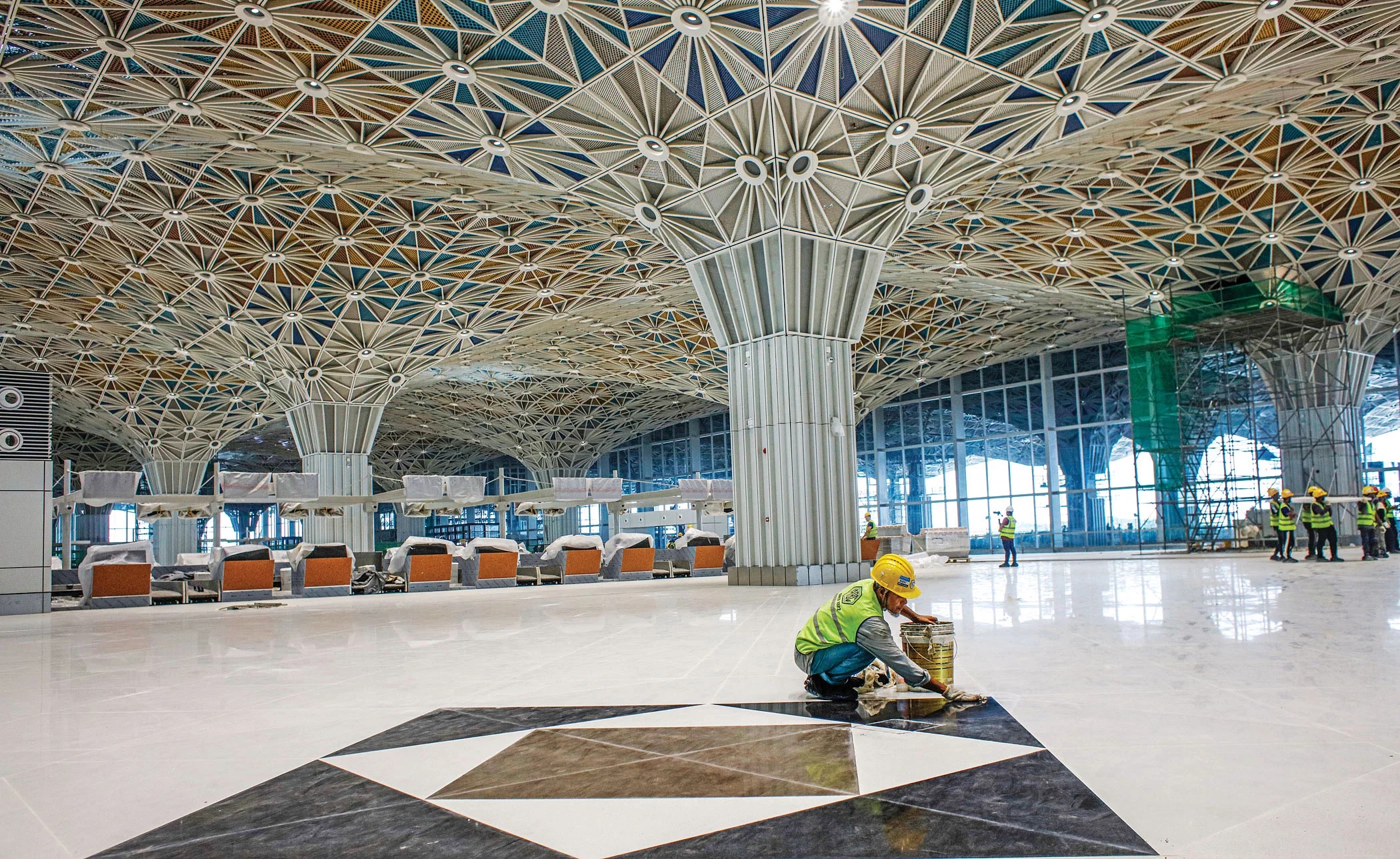BNP Media Cell, the official Facebook page of the Bangladesh Nationalist Party (BNP), resized the news and posted it on its Facebook page with an additional message: "Oust Hasina, Save the country, Rise up Bangladesh."
The post further reads: "The illegal government has failed to ensure safe roads."
On the same day, the official Facebook page of the Bangladesh Awami League posted a paper cutting of a news item from 2001 titled "A minority family in Mirsharai is fleeing in fear of terrorists."
And the post adds, after forming the government, the BNP-Jamaat government looted, extorted and set fire to Hindu homes. "This is BNP's Take Back Bangladesh. Think again, Where BNP wants to take Bangladesh back," reads the Facebook post.
The respective supporters and activists of the two political parties on social media are invigorated by such posts. They react to it, comment on it and share such posts vigorously.
There are, of course, other functions of these Facebook pages. For instance, announcements and information on party programmes are posted here by party officials along with political speeches of their leaders; primarily, for the benefit of the political activists and supporters. These Facebook pages work as virtual bulletin boards.
The trend of moving to virtual platforms to reach people began before the 2014 general elections.
The official Facebook page Bangladesh Awami League, which now has 3.2 million followers, was created on 30 August 2013. BNP Media Cell was created on 2 July 2013 and now has 1.8 million followers.
With time, the political parties have scaled up their activities on social media.
In the past, political campaigns were limited to putting posters on walls, distributing leaflets, door-to-door visits and using loudspeakers in political rallies where the parties put forward their development priorities and criticism of the other side, to woo voters.
While such dynamics still prevail, the dynamics of political campaign trails in Bangladesh have also changed massively.
In the past, political leaders and activists had to physically visit different areas to inform people of their political agenda. Now, with the advent of social media, politicians can give speeches sitting in their rooms. Tens of thousands of people watch the live or recorded telecast on their mobile phones.
Unsurprisingly, the Bangladesh Awami League, Bangladesh Nationalist Party (BNP) and Jatiya Party have been strengthening their media wings with a special focus on social media activism as the national election is drawing close.
So what's specifically on the agenda now?
The ruling Awami League will highlight the development it has achieved during the last 14 years of its rule and fight the 'misinformation' its archenemies spread using social media while the BNP will underscore the 'corruption' and 'faults' of the ruling government over the last 14 years.
The Jatiya party will bring forward the lack of good governance and the initiatives they will take if they come to power, leaders of the respective political parties' told.
Awami League has big plans
The ruling party's publicity and publication subcommittee's chairman Shahabuddin Chuppu said that as next year is the election year, they want their messages to reach the grassroots level of the country. Local leaders, from that point, will spread the message to villages and unions.
"Our main tasks will be to highlight our achievements and benefits the common people are enjoying," said Shahabuddin Chuppu.
Shahabuddin said that the committee, which consists of around 30 members, and the party's Publicity and Publication Secretary Dr Abdus Sobhan Golap, are working full swing to implement the publicity activities.
The other members of the sub-committee include Telecom minister Mustafa Jabbar, information minister Dr Hasan Mahmud, science and technology minister Yeafesh Osman and deputy publicity secretary Aminul Islam.
The second most important task of the subcommittee will be to tackle the 'misinformation' and 'rumours' the BNP and Jamaat spread from different countries, said Chuppu.
"An ominous power is spreading misinformation. We will spread the correct information against fake news and misinformation," he said, adding "we will have to fight the misinformation with correct information using the same technology."
Awami League will arrange mosque-centred, school-centred and temple-centred Uthan Baithaks. In these small meetings, they will let common people know what the incumbent government has done for them.
"The development scenario has changed during the tenure of the Awami League government. How Prime Minister Sheikh Hasina tackled the pandemic, how vaccines reached the rural areas of the country," said Chuppu, "these initiatives have already set an example in the world."
"The education sector has improved hugely too. Children are getting free textbooks. These all are the contributions of Prime Minister Sheikh Hasina. [And] We have taken steps to spread this information across the country," said Chuppu.
Chuppu alleged that some retired army officials, as well as BNP and anti-liberation forces, are spreading 'misinformation' through social media while residing abroad.
"It has come out that one person did not get the money promised through a contract, and as a result he stopped broadcasting fake news. It has also come out in the media," said Chuppu. "They [the opposition] are investing a huge amount of money to spread rumours."
Chuppu said that they will use digital platforms like Facebook, Twitter and YouTube to face misinformation. Awami League activists will run the platforms.
The committee - which meets regularly every month - is busy chalking out plans. But what will be the content?
Chuppu said that they have lots of documents and information about BNP-Jamaat's 'repression' and 'torture' soon after the 2001 election.
"They speak about torture and repression. [But] how about their repression and torture between 2001 to 2006? They carried out a reign of terror. After winning the 2001 election, they carried out barbaric attacks on the opposition political party, Hindus and progressive leaders and activists, without any reason," said Chuppu.
He alleged the BNP-Jamaat government sent tens of thousands of Awami League leaders to jail, did not let them hold processions on the roads, and cordoned their leaders and activities inside party offices.
"We have those documents in our hands. We have got the depositions of those who were raped by them. We will publish these documents on social media," said Shahabuddin Chuppu.
"We will do all these things within the next year, before the elections, so that people get the real picture," he added.
BNP doubling down on social media
Bangladesh Nationalist Party (BNP) formed a brand new Media Cell making former Barisal lawmaker Zahir Uddin Swapan and Shahid Uddin Chowdhury Anee its member secretary. The 10-member committee will draw outlines and implement media activism programs.
However, Zahir Uddin Swapan claimed that there is no relation between forming the media cell and the upcoming general elections.
"It is a modern political party's regular activity. Aside from regular media, print media, electronic media and online, social media is playing an important role in public engagement now," explained Swapan.
Bangladesh Nationalist Research and Communications (BNRC) started its operation on 1 September 2016, under the supervision of BNP Chairperson Begum Khaleda Zia, in line with the party's revised constitution.
He said that the highest decision body of the BNP decided to set up a media cell.
The newly formed Media Cell has taken over one of BNP's Facebook pages and renamed it BNP Media Cell, where different party programmes, as well as news clippings on the 'government's failures', are shared.
The BNP Media Cell includes Dhaka University's marketing department professor Morshed Hasan Khan and BNP's incumbent MP Rumeen Farhana. BNP's local government affairs assistant secretary Shammi Akhter and BNP Chairperson's media wing member Shairul Kabir Khan are also members.
The media cell has formed separate teams for communicating with print media journalists and electronic media journalists, and formed a team to look after social media. Some team members conduct research and produce the content while a four-member team led by Zahir Uddin Swapan is in charge of quality control before something is published on Facebook.
"The task of the social media team is to reproduce some video and graphics content based on the 'important news' published in different newspapers. The content creator team will also create some content on their own, based on the information we get," said Zahir Uddin Swapan.
"We are also trying to do investigative reports, especially on corruption, bank loot and the capital market," said Swapan.
But what message do they want to spread?
"Our main purpose is to spread the principles and ideology of BNP and its political programmes. At the same time, we will gauge public opinion using social media and forward the opinions to the highest decision-makers of the party," said Swapan.
Swapan said that the media cell will also highlight the "government's failures". It will closely monitor the activities of the government. "As the ruling government is our competitor, we will monitor them and find more and more faults," said Swapan. "This is a democracy, isn't it?"
The media cell has been using Facebook the most. They also use Twitter too, but they could not expand their reach much on the platform. They will move to YouTube soon. "We will use Instagram and TikTok too," said Swapan.
They will also continue using the conventional political campaigns on streets, print media and electronic media.
Jatiya Party busy organising the party
While the Bangladesh Awami League and Bangladesh Nationalist Party are gearing up for an info war, Jatiya Party is busy organising the party, keeping in mind the next general elections.
"Actually, we are now holding programmes to strengthen our organisation [and organise the party structure] centring on the next general election. The party was inactive for many days. Our politics was not clear and people have a misconception about whether we will always be with the Awami League. This is not correct," said Mujibul Haque Chunnu, the party's new secretary general.
He said that after the last elections, they are not in any alliance with the Awami League. They are now practising their own politics, based on their own identity. "We are taking the public interest into consideration."
"If our messaging goes against the Awami League government, so be it," Mujibul Haque said. He said they have directed their media wing to draw plans to reach people.
"Our media wing consists of eight people. If need be, we will increase the manpower. We have not yet begun our work. It is a continuous process. Politics, elections, whatever we call it, is a continuous process," said Chunnu.
He said that they have a designated person who runs their page on Facebook. Their media cell is also working on it. "Using social media, we will let people know the faults these two political parties have made and what we want to do if we come to power," said Chunnu.
Although both Awami League and BNP have made their presence of social media significant, independent experts feel they still have a long way to go to actually exploit its full benefits.
Mohammad Asaduzzaman, assistant professor of journalism at Dhaka University said the social media channels of major political parties have not made any significant impact because they publish stories or try to establish arguments without much evidence and data.
"If you present an argument without evidence, you cannot convince people on different issues. You will have to present an evidenced-based argument to convince people," said Mohammad Asaduzzaman, who is doing his PhD on social media rumours at the University of Queensland in Australia.


